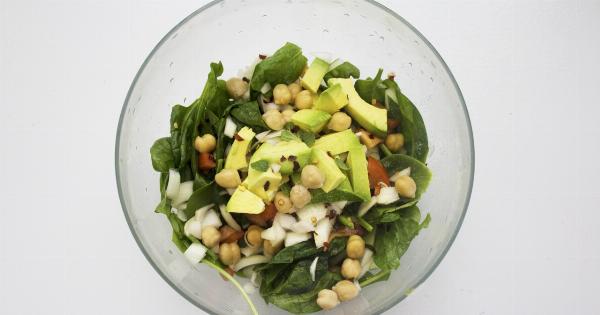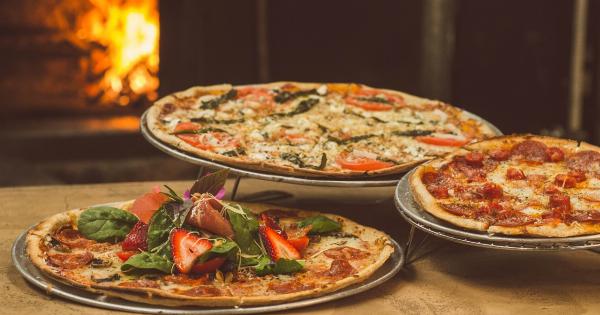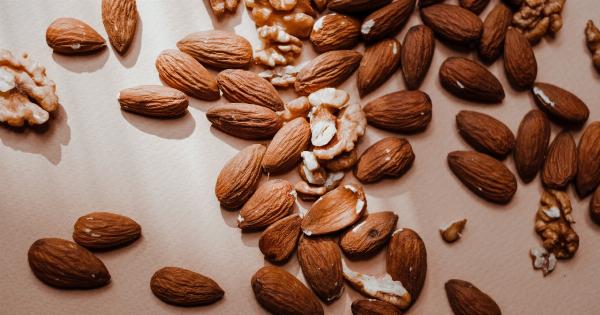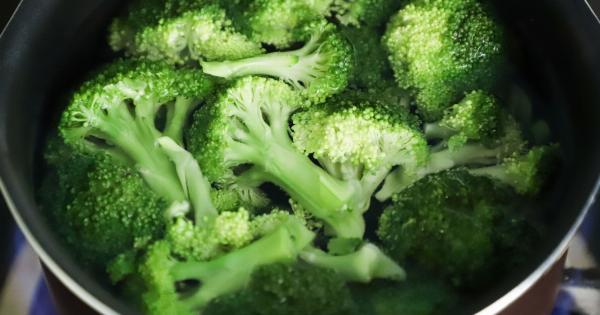Ready meals are popular food solutions for busy people who don’t have time to cook their own meals, or for those who need to eat on the go.
Although convenient, ready meals have gained a reputation for being unhealthy with high levels of calories, fats, and sugars. In this article, we will explore the calorie count for ready meals, how they differ, and what factors can affect their calorie count.
What are ready meals?
Ready meals refer to meals that have been pre-cooked, packaged, and ready to be heated and consumed immediately. These meals can range from frozen meals, canned foods, precooked meats, and other snack and lunch foods.
Ready meals are popular food solutions for busy people who lack the time or resources to cook healthy meals from scratch. But as convenient as they are, many ready meals are high in calories, fats, and sodium. Furthermore, they have been criticized for the lack of nutrients, antioxidants, fiber, and other essential nutrients.
What is the calorie count for ready meals?
Calorie counts in ready meals vary widely depending on the product, the portion size, and the formulation. Some ready meals may contain as little as 200 calories per portion while others can be as high as 1500 calories per portion or more.
Many prepackaged meals have serving sizes that may be smaller than what an individual would typically eat, which can make the calorie count seem lower than the actual amount. Calories are a measure of energy that our bodies need to function, and we need to eat the right amount to stay healthy. Too few or too many calories can disrupt our metabolism and lead to health problems.
Factors that affect the calorie count of ready meals
- Ingredients: The ingredients used in the ready meals can significantly affect their calorie count. For instance, meals high in protein and fiber tend to be more filling and can reduce the number of calories consumed in a meal, while those high in fats and sugars increase calorie intake.
- Portions: Portion sizes can also affect the calorie count for a ready meal. Prepackaged meals come in different sizes, but the portions listed on the package may not be the same as an individual’s typical serving size, which can cause under or overestimation of calorie intake.
- Cooking methods: How a meal is cooked can also affect the calorie count. Many ready meals require reheating, which can affect the nutritional value of certain vitamins and minerals.
- Labels: The labels on the packaging of ready meals can provide important information about the calorie count and nutritional value. It is important to read the labels on ready meals to understand the calorie count, serving size, and nutrient content.
How to choose healthy ready meals
Although ready meals can be unhealthy, there are healthy options available that provide balanced nutrition and fewer calories. Here are some tips to help you choose healthy ready meals:.
- Serving size: Look for meals with an appropriate serving size. Ensure that the portion size reflects your typical serving size, so you know how many calories you are consuming.
- Ingredients: Look for meals that are high in protein, fiber, and healthy fats, and lower in sugar, salt, and refined carbohydrates. Avoid meals with long ingredient lists and artificial flavors.
- Nutritional value: Check the nutritional value of the meal and ensure it meets your dietary needs. Look for meals that provide a variety of essential nutrients and vitamins.
- Brands: Choose brands that are reputable and known to produce healthy, high-quality meals.
- Preparation: Avoid meals that require frying or high-fat cooking methods. Instead, choose meals that can be baked, grilled, or boiled.
Conclusion
Ready meals are convenient meal solutions for busy people who don’t have the time to cook from scratch, but they can also be high in calories, fats, and sugars.
Calorie counts in ready meals vary widely depending on the ingredients, portions, and preparation methods. Factors that affect the calorie count of ready meals include the ingredients, portions, cooking methods, and labels. Choosing healthy ready meals requires checking the serving size, ingredients, nutritional value, brands, and preparation methods.































